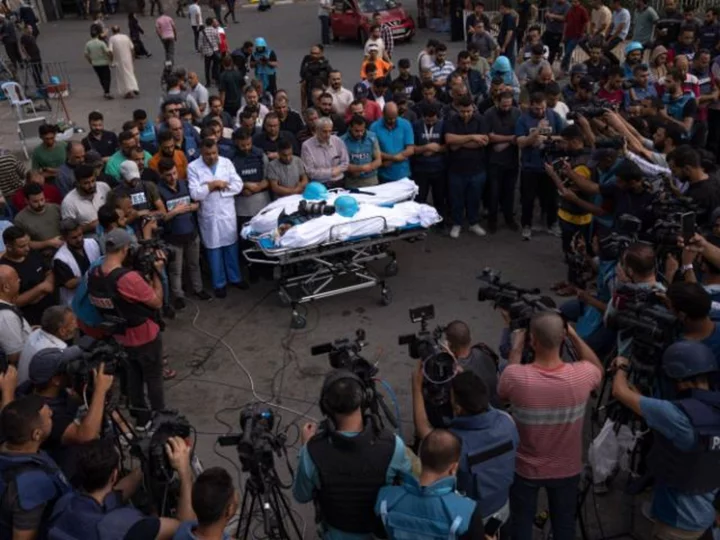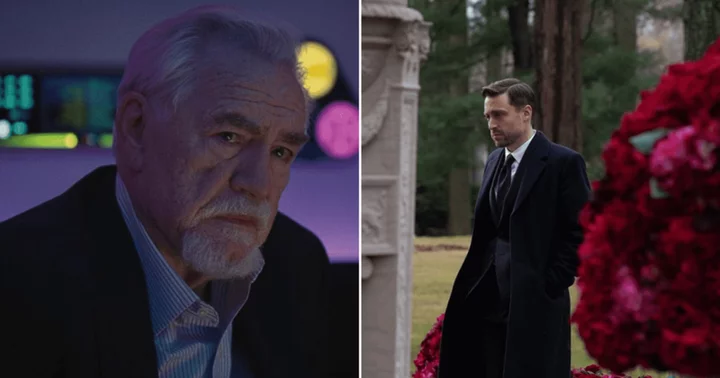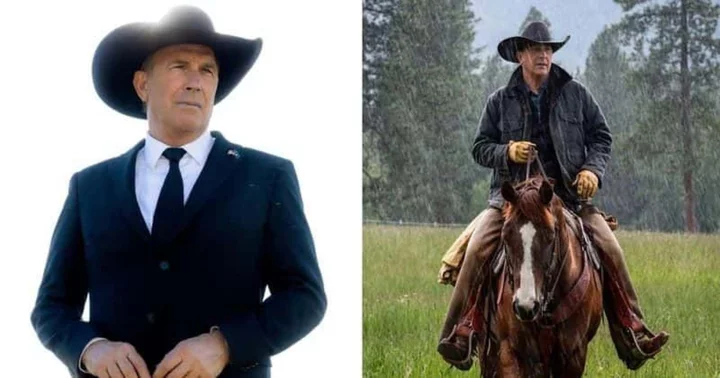Some journalists are making the ultimate sacrifice while covering the war between Israel and Hamas.
At least seven journalists have been killed in the Gaza Strip since Hamas launched its brazen assault on Saturday, according to press freedom groups and media reports. That number could rise even further in the coming days as Israel carries out retaliatory strikes against Hamas, while the terror group continues waging its offensive against the Jewish state.
The bloodshed underscores the very real risk that journalists take on as they report from conflict zones, gathering information in extraordinarily fraught circumstances to keep the world informed and hold authorities accountable for what is transpiring on the ground.
"In many ways, the most vulnerable journalists are the ones needed most," Sherif Mansour, a Committee to Protect Journalists coordinator who oversees the Middle East, noted on Tuesday.
The vast majority of journalists covering the raging war are based inside Israel, which has come under heavy assault from Hamas and remains far from a safe haven amid fierce battles. Harrowing video captured along the border in recent days has shown television correspondents running for cover as missiles are fired toward their locations and gunfire erupts in the nearby distance.
Meanwhile, journalists based in Gaza, which has been battered with airstrikes from Israel, are at an even greater risk. These journalists are particularly vulnerable to airstrikes and gunfire — all while having to operate in a territory controlled by Hamas, which is notorious for its anti-press measures.
For those reasons, and other logistical difficulties, there are very few Western journalists in Gaza. Some outlets — such as CNN, the BBC, the Associated Press, and Reuters — do have personnel on the ground in Gaza, but they are in far fewer numbers than their counterparts based in Israel. That leaves the important task of showing the world what is happening on the other side of the border up to local Palestinian journalists.
"Absent the presence of some international journalists and media outlets, the local journalists ... are almost the only source where we can find out what is happening in Gaza after Israeli strikes," Mansour said.
"They have made those sacrifices to show what is happening on the ground," Mansour added, speaking about the at least seven journalists killed this week while reporting from the Gaza Strip.
Last year, a staggering 67 journalists and others in the media profession were killed worldwide, CPJ found, marking the highest number of journalist killings since 2018 as reporters braved war in Ukraine and were targeted for their work in Latin America.
Outside the very real physical dangers journalists face while reporting from active war zones, Mansour stressed that reporters covering violent conflicts often grapple with "mental and psychological affects that goes beyond the assignment itself." He noted the immense human suffering and "aftermath of these horrible events" that journalists witness cannot be easily shaken and are forever seared into their memories.
"They go back to their normal lives, they go back to a different country, and the trauma still follows them from those events," Mansour said.
Unfortunately, the death toll and volume of human suffering in the region is only bound to rise, with the already dangerous state of affairs for residents and journalists alike slated to get more perilous in the days and weeks ahead. Israel's military has been amassing along the border, signaling a possible ground invasion of the Palestinian territory. And there is no sign that the rocket fire is likely to end anytime soon.
"I don't think," Mansour said, "we have reached the worst chapter of it yet."









